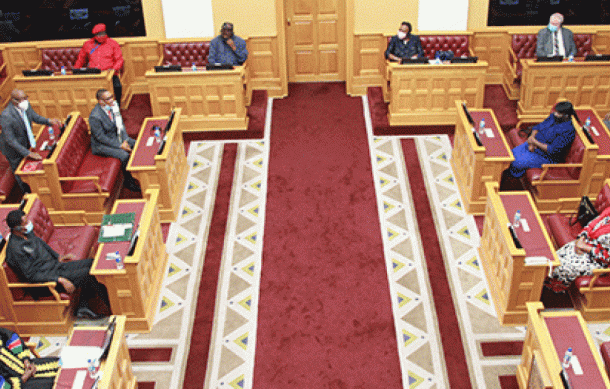
Namibia will not sign the New Partnership Agreement (NPA) between the Organisation of African, Caribbean, and Pacific States (OACPS) and the European Union (EU) in its current form.
Deputy Prime Minister Netumbo Nandi-Ndaitwah says interested member states and members of the EU are due to sign the agreement on November 15, but Namibia will not sign due to several prescriptive clauses.
The NPA will replace the Cotonou Agreement of 2000, which expired in 2019 but was extended due to COVID-19.
Making the announcement in the National Assembly, Nandi-Ndaitwah pointed out that the new partnership agreement would be a 20-year-long politically and legally binding commitment once ratified and signed by interested parties.
"Negotiations for the New Partnership Agreement started in 2019 and were concluded on April 15, 2021, when the NPA was initialled by the lead negotiator. These negotiations were not conducted in secret but took place openly between the 79 OACPS member states and the 27 members of the EU and the European Commission. This information is available on the internet."
But in 2021, the Namibian government noted several provisions of fundamental concern in the NPA, and the Attorney-General was asked to provide a legal opinion on the agreement.
Nandi-Ndaitwah stated that the legal opinion further pointed to certain provisions that impose actions contrary to the Namibian Constitution and the country's international relations and cooperation policy.
The legal opinion also made it clear that Namibia, as a member state of the OACPS, is not bound to sign the agreement if it is not comfortable with it.
Nandi-Ndaitwah said the Namibian government notified the EU in February 2022 that it would not sign the draft NPA if the identified concerns were not addressed.
Despite this, the Deputy Prime Minister pointed out that Namibia and the EU will continue to enjoy friendly relations with each other.





